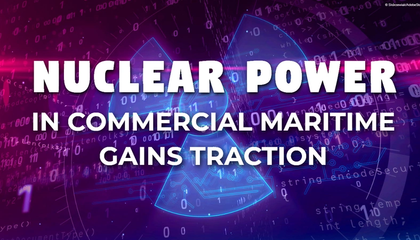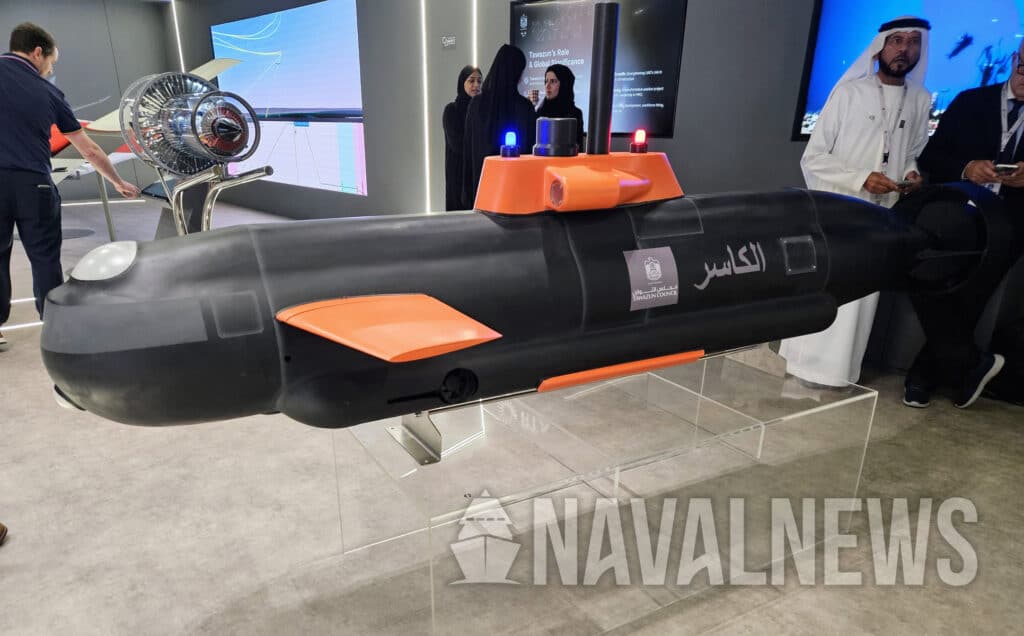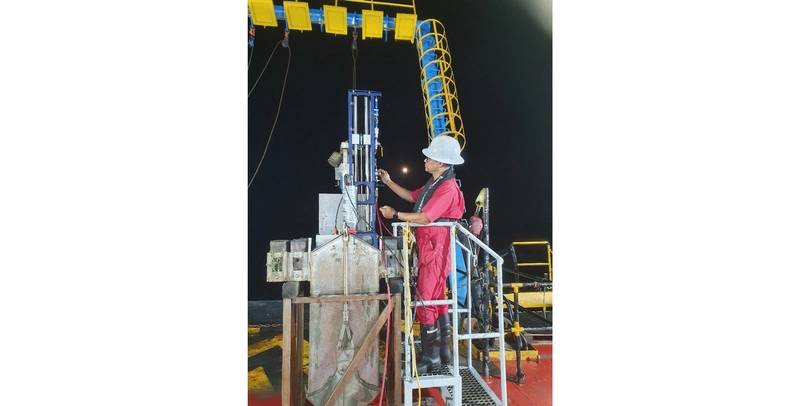-

Oil and Gas Investment in 2025: Economic Resilience Meets Geopolitical Volatility
This post is not financial advice. 2025 Oil & Gas Market Overview: Stability Amidst Uncertainty Brent Crude’s Delicate Equilibrium As of March 2025, Brent crude prices hover around $74 per barrel (EIA Short-Term Energy Outlook), a stabilization driven by OPEC+ supply discipline and steady demand from non-OECD nations like India and Nigeria. However, this equilibrium…
-

The Geopolitical Power of Oil: Why It Remains the Lifeblood of the Global Economy
Oil geopolitical dominance isn’t just a story of energy—it’s a tale of global power, economic resilience, and the shifting tides of prosperity and instability. For oil and gas professionals, understanding its multifaceted role is critical to navigating an industry shaped by volatile prices, technological breakthroughs, and shifting alliances. Drawing from years of fieldwork and analysis,…
-

Navigating Port State Control in China: A Maritime Professional’s Guide
China Port State Control China Port State Control (PSC) has evolved into one of the most stringent maritime inspection systems globally. For maritime professionals, understanding its intricacies is critical to compliance, avoiding detentions, and maintaining operational efficiency. This guide combines in-depth research with firsthand insights to help you navigate China’s PSC landscape confidently China Port…
-

Strategic Petroleum Reserve: America’s Maritime Energy Security Shield
The United States maintains a vast underground network of salt caverns holding millions of barrels of crude oil. This network, known as the Strategic Petroleum Reserve (SPR), serves as America’s primary defense against oil supply disruptions. With approximately 372 million barrels stored safely underground, this system protects against maritime threats that could cut off energy…
-

Who Is the Biggest Oil Supplier in the US? The Surprising Leader in Energy Dominance
Who Is the Biggest Oil Supplier in the US? The Surprising Leader in Energy Dominance Who is the biggest oil supplier in the US? The answer might surprise you. In a market dominated by giants like ExxonMobil, Chevron, and ConocoPhillips, determining the top oil supplier in the US requires a closer look at production volumes,…
-

Who Rules Oil and Gas in 2025? The Top Players Revealed
Oil and Gas: The Biggest Players in the Industry The oil and gas sector has powered global economies for over a century, from the first oil well in 1859 to today’s complex networks. As of February 2025, it faces new pressures from climate change and renewable energy growth, shaping the strategies of its top players.…
-

Navigating US-Russia Arctic Cooperation
US-Russia Arctic Cooperation: Navigating Geopolitical and Economic Interests Kickoff The Arctic region has emerged as a focal point for potential cooperation between the United States and Russia, despite ongoing geopolitical tensions. With vast natural resources, emerging trade routes, and significant energy potential, the Arctic offers a unique opportunity for collaboration. This article delves into the…
-

Nuclear Power’s Role in Shipping’s Decarbonization
Nuclear Power in Commercial Maritime: A Path to Decarbonization Launchpad Nuclear power is emerging as a promising solution for decarbonizing the maritime shipping industry. With the International Maritime Organization (IMO) setting ambitious carbon reduction goals, the sector is exploring innovative technologies to reduce emissions. Nuclear propulsion, particularly through Small Modular Reactors (SMRs), offers a pathway…
-

Revolutionizing Underwater Defense with Arzanah UUVs
Arzanah’s Cutting-Edge UUVs: Revolutionizing Underwater Defense at IDEX 2025 Kickoff to the UAE’s Defense Innovations The UAE is making significant strides in underwater defense technology, as shown by Arzanah’s unveiling of two advanced Unmanned Underwater Vehicles (UUVs) at IDEX 2025. These UUVs, including the TARIQON and Ghawwas, highlight the UAE Navy’s growing interest in cutting-edge…
NeonHorizon
Exploring the horizons of the maritime industry.

